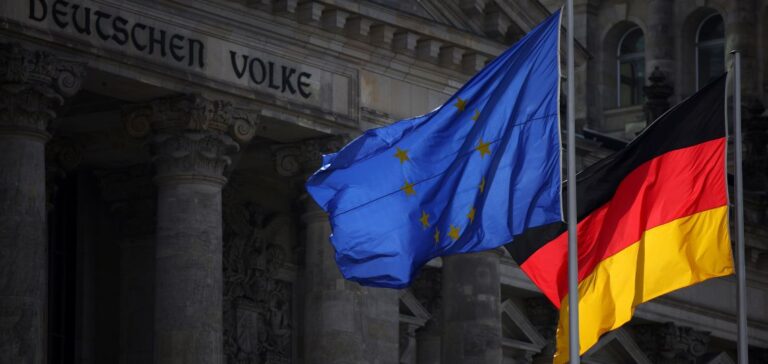The German Chancellor Olaf Scholz is going to East Africa on Thursday where he hopes to establish partnerships in clean energy, in particular with Kenya, a “pioneer” country whose 90% of needs are covered by renewable energy.
The government of Europe’s largest economy sees great potential for “energy and climate cooperation” with Nairobi, government sources said Tuesday.
Kenya, already Germany ‘s main trading partner in East Africa, plans to cover all of its energy needs with renewables by 2030. Geothermal energy, which allows the production of electricity thanks to the very hot water in the subsoil, is the strong point of this country and offers “excellent conditions” for the production of green hydrogen which could eventually “be imported from Kenya”, according to the same sources.
The social-democrat chancellor, who will be accompanied by a delegation of industrialists, is scheduled to visit a geothermal power plant near Lake Naivasha in the Great Rift Valley, at the foot of the Longonot volcano, on Saturday. Berlin diversified its energy supply sources at breakneck speed after the invasion of Ukraine more than a year ago, which resulted in a drying up of Russian gas supplies on which the country was heavily dependent. Germany, where coal still accounts for a third of electricity production, is also aiming for carbon neutrality by 2045.
While Berlin considers Kenya to be “an economic and value partner”, relations with Ethiopia are more complex. Olaf Scholz will begin his three-day visit to the region there. The country was engulfed in a civil war in 2020 between the troops of Abiy Ahmed’s government and the leaders of the northern region of Tigray, who rebelled against the federal government. In early November, a cessation of hostilities agreement was signed.
Scholz, who is scheduled to meet with Abiy Ahmed on Thursday, intends to “recognize and support the progress made in the peace process (…) but at the same time call for additional measures,” the sources said. He intends to address the issue of “serious human rights violations”, while both parties are accused, particularly by the United States, of having committed war crimes.
In Addis Ababa, the chancellor will also visit the headquarters of the African Union, which is currently mediating in the Sudanese conflict.
This second trip of Olaf Scholz to Africa since he took office in December 2021 also reflects the efforts undertaken by the West to counter Russian and Chinese influence in the region. In view of Beijing’s huge investments in East Africa, Olaf Scholz will thus seek “to offer economic and political cooperation on an equal footing”, the sources said.






















